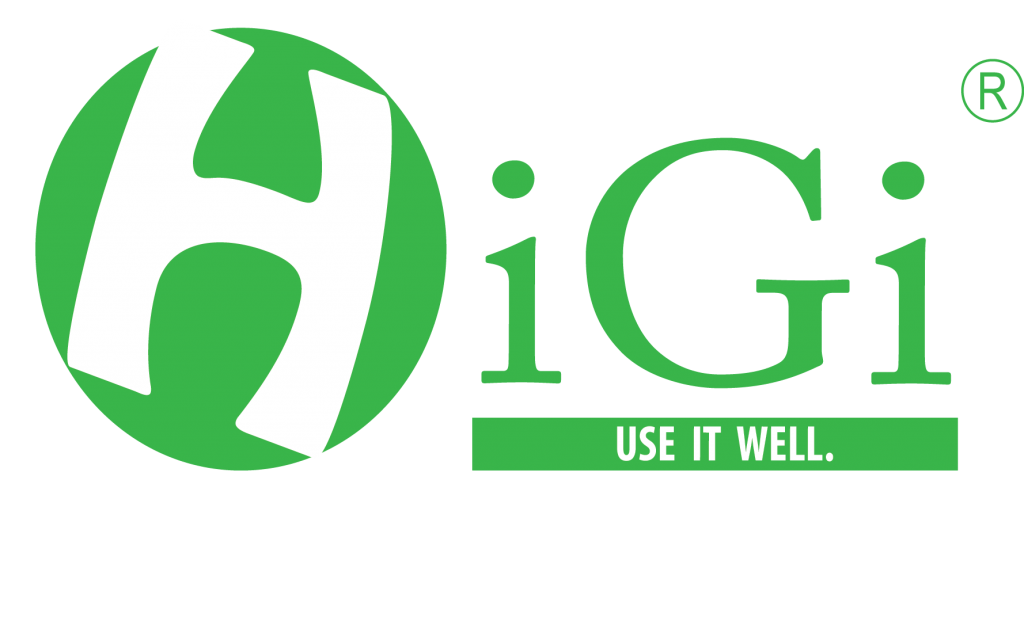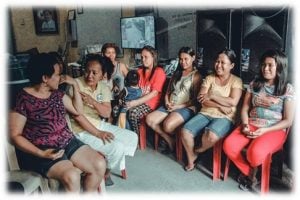- About AVPN
-
-
-
About AVPN
Who We Are
We are a leading ecosystem builder that is increasing the flow of financial, human, and intellectual capital from Asia and around the world into the social sector in Asia. We provide a network of peers, rigorous learning programmes, and innovative capital mobilization opportunities that make sure resources are more effectively deployed.
-
-
-
- Members
-
-
-
Membership Benefits
Unrestricted access to AVPN research reports and case studies
Access market-specific snapshots and opportunities
Increased visibility for events, programs and insights via AVPN website, blog, newsletters and social media channels
Leverage the AVPN platform to bring under-represented social issues top of mind for more than 600 social investors
-
-
-
- Resources
-
-
-
Resources
Highlights of the week
Trust-Based Philanthropy
In the face of increasingly complex and, sometimes rapidly, changing needs on the ground, it is crucial to take a step back and reconsider the status quo.
APAC Sustainability Seed Fund 2.0
By leveraging the success of the first round of the APAC Sustainability Seed Fund, AVPN continues to mobilise continuum of capital into supporting climate solutions in the region.
Faith and Giving
Faith, and the values, belief systems, moral codes, and religious doctrines, that underlie it, shape much of philanthropy across the world. From addressing needs in underserved communities to investing in sustainable energy solutions, faith-aligned givers are demonstrating that compassion can be a catalyst for a more just and equitable world. However, the fundamental drivers of faith-aligned giving often remain unexamined.
-
-
-
- Markets
-
-
-
Markets
We are a leading ecosystem builder that is increasing the flow of financial, human, and intellectual capital from Asia and around the world into the social sector in Asia. We provide a network of peers, rigorous learning programmes, and innovative capital mobilization opportunities that make sure resources are more effectively deployed.
Explore Markets
-
-
-
- Impact Communities
-
-
-
Impact Communities
-
-
-
- Capital Mobilisation
-
-
-
Capital Mobilisation
Featured Deals
Socio-Economic Empowerment of Women
Climate Action and Environment, Education, Financial Inclusion, Gender, Livelihood and Poverty Alleviation
Solve Education: Education through Innovative Learning Platform
Education, Employability, Livelihood and Poverty Alleviation
Lotus Petal Sr. Sec School, Gurugram
Education, Employability, Health
IT Training Against Poverty in Cebu
Education, Employability, Livelihood and Poverty Alleviation
IT Vocational Training Against Poverty
Education, Employability, Livelihood and Poverty Alleviation
Gigatonne: Addressing Problems within the Carbon Credits Market
Climate Action and Environment, Financial Inclusion, Gender, Livelihood and Poverty Alleviation
-
-
-
- Events
-
-
-
Events
Upcoming Signature EventsAVPN Global Conference 2024
23 April 2024
-
25 April 2024
Signature Event
Upcoming Events
Restoring Equilibrium: SVCA 2024 Annual Conference – Seeking Balance in A Turbulent World
16 May 2024
-
-
-
Convert Agricultural Wastes into Energy for Philippines
HiGi envisions to enable more F&Bs businesses to use sustainable products with attractive value proposition offering. HiGi assists small-scale producers to produce high-quality charcoal efficiently enabling the economies of scale, impacting the environment and alleviating poverty.
By

HiGi Energy
Click here to learn more about the Impact Organisation
This is member exclusive
content. Click here to unlock
Social causes
Beneficiaries
SDGs covered
Endorsed by

Singapore International Foundation
Singapore International Foundation brings world communities together to do good to build greater cultural understanding amongst diverse communities.
Market of Implementation
- Philippines
Problem
HiGi Energy wanted to address the problem of agricultural waste in the Philippines. Major waste includes coconut shell, coconut husks, and coconut coir dust. Approximately 500 million coconut trees in the Philippines produce wastes of 4.1 million tonnes coconut husks, 1.8 million tonnes coconut shell, and 4.5 million tonnes coconut frond. Rice straw is another agricultural waste amounting up to 5 million tons per year across the country. On the flip side, 65 percent of the 100 million population still use firewood and charcoal. This accounts for more than 1,500 tonnes of solid fuels consumed per month in the barbecue industry of Philippines being sourced from deforestation, mainly illegal logging. HiGi Energy aims to both help reduce tree cuttings and help manage agricultural waste by converting it into biofuels to serve this market.
Solution
HiGi Energy converts the agricultural waste into charcoal briquettes serving the Korean barbecue restaurants in the Philippines. The business model of HiGi is to assist the existing small-scale producers with standardizing their product quality meeting the demand of HiGi’s clients, hence enabling the small-scale producers to produce high-quality charcoal briquettes which could be sold at a higher price. HiGi creates a package of offering to influence the buying decision of the purchasers and hence, illegal logging sourced fuels will have no markets and eventually the activities would be put to a halt.
Type of Carbon Reduced/Sequestered
CO2 (Carbon Dioxide)
















 HiGi Energy converts the agricultural waste into charcoal briquettes serving the Korean barbecue restaurants in the Philippines. The business model of HiGi is to assist the existing small-scale producers with standardizing their product quality meeting the demand of HiGi’s clients, hence enabling the small-scale producers to produce high-quality charcoal briquettes which could be sold at a higher price.
HiGi creates a package of offering to influence the buying decision of the purchasers and hence, illegal logging sourced fuels will have no markets and eventually the activities would be put to a halt.
HiGi Energy converts the agricultural waste into charcoal briquettes serving the Korean barbecue restaurants in the Philippines. The business model of HiGi is to assist the existing small-scale producers with standardizing their product quality meeting the demand of HiGi’s clients, hence enabling the small-scale producers to produce high-quality charcoal briquettes which could be sold at a higher price.
HiGi creates a package of offering to influence the buying decision of the purchasers and hence, illegal logging sourced fuels will have no markets and eventually the activities would be put to a halt.